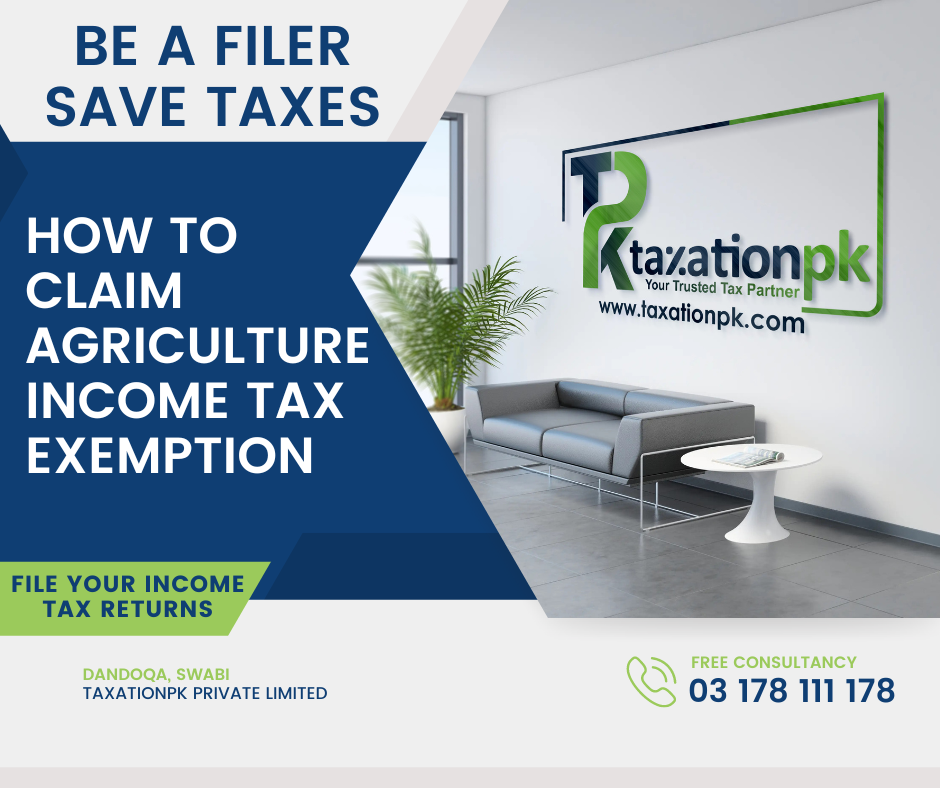Navigating the complexities of income tax can be challenging, especially when it comes to the unique landscape of agriculture in Pakistan. Section 41 of the Income Tax Ordinance offers a crucial exemption for agricultural income, but understanding its scope and nuances is essential for farmers and landowners alike. This article delves into the specifics of this exemption, providing a comprehensive guide to its application and implications.
Exempting the Fruits of the Land:
The core principle of Section 41 is simple: income derived from agricultural activities in Pakistan is exempt from income tax. This exemption aims to support the agricultural sector, recognizing its vital role in the country’s economy and food security.
Defining “Agricultural Income”:
However, determining what constitutes “agricultural income” requires careful consideration. Section 41 provides a detailed definition encompassing three key categories:
- Rent or Revenue from Agricultural Land: This includes any income earned from leasing land used for agricultural purposes within Pakistan.
- Income from Agricultural Activities: This covers income directly generated from agricultural activities on Pakistani land, including:
- Cultivation of crops and raising livestock.
- Processing agricultural produce through customary methods to prepare it for market.
- Selling unprocessed agricultural produce directly from the farm.
- Income from Associated Buildings: This extends the exemption to income derived from specific buildings on or near agricultural land:
- Dwellings occupied by the cultivator or landowner.
- Storehouses and other outbuildings essential for agricultural operations.
Important Points to Remember:
- The exemption applies only to income derived from agricultural land and activities within Pakistan.
- Processing beyond customary methods, such as industrial processing, may not be considered agricultural income.
- Income from non-agricultural activities conducted on agricultural land, like running a shop or restaurant, is not exempt.
Benefits and Implications:
- Tax relief for farmers: The exemption helps alleviate the tax burden on farmers and landowners, promoting investment and agricultural development.
- Food security and economic growth: By supporting the agricultural sector, the exemption contributes to food security and overall economic growth.
- Compliance and transparency: Understanding the scope of the exemption encourages responsible tax reporting and compliance.






